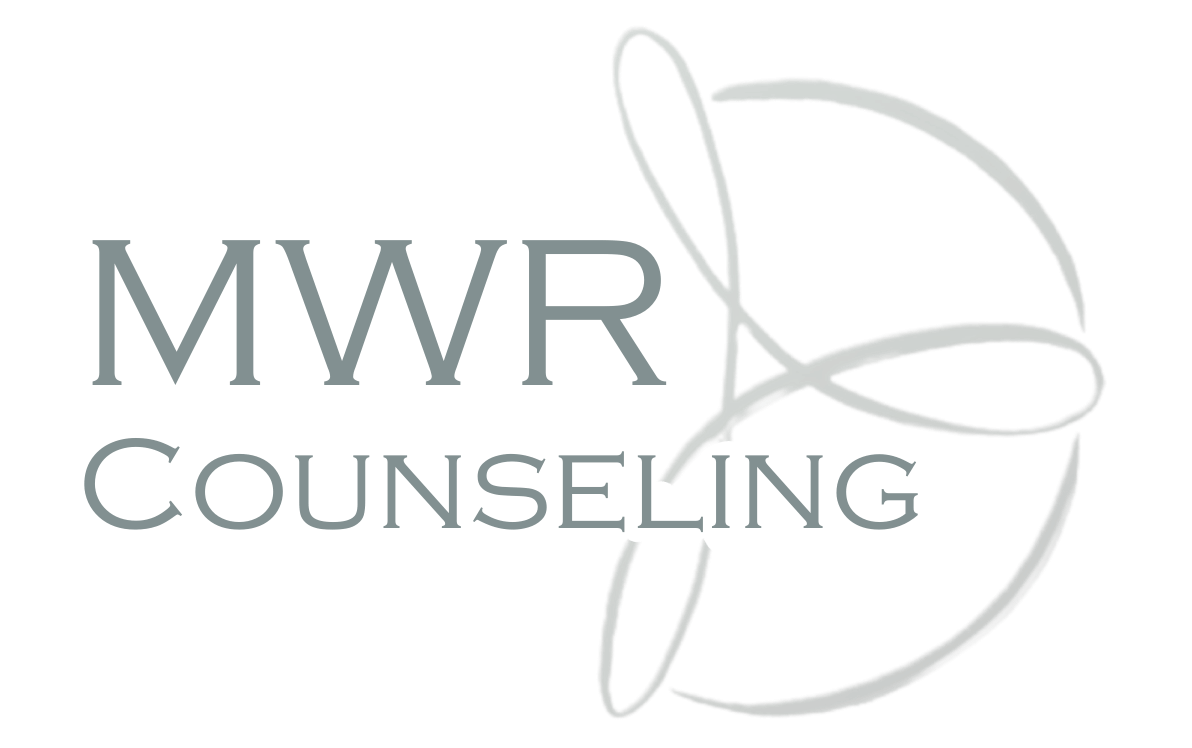CBT-I for Insomnia
Nearly everyone has experienced insomnia from time to time, but for about 10% of adults, chronic insomnia interferes with their ability to experience restful, restorative sleep for months or even years. Although practicing sleep hygiene can offer some benefit, it is rarely sufficient in positively impacting sleep for those experiencing chronic insomnia.
For these individuals, Cognitive Behavioral Therapy for Insomnia (CBT-I) is recommended as the front-line treatment by the American College of Physicians and the American Academy of Sleep Medicine. Yes, that’s right – participation in CBT-I is the first recommendation and most effective treatment option for the majority of people with insomnia, even before medication management.
Thinking CBT-I could be right for you? Here’s what to expect:
CBT-I is typically completed over a total of 4-8 biweekly sessions. CBT-I participants will use daily sleep logs to track sleep patterns, and then will work with their therapist to incorporate behavioral changes such as modifying their bedtime and rise time, incorporating daily activities, practicing relaxation, and re-associating bed with sleep. Simultaneously, thought patterns that contribute to bedtime anxiety or avoidance will be addressed.
With adherence to the CBT-I recommendations, achieving restorative sleep can begin to occur in at little as two weeks, and up to 80% of CBT-I participants report improvement including less time to fall asleep, more time spent asleep at night, fewer wake ups, and overall more restful sleep.
CBT-I works as a stand-alone treatment for individuals experiencing insomnia, but is also effective for those experiencing insomnia associated with depression, anxiety, OCD, PTSD, and chronic pain. In fact, studies have shown that improved sleep results in reduced relapse for those with co-occuring mental health conditions.
There are some conditions that are not appropriate for CBT-I treatment, including untreated obstructive sleep apnea, seizure disorders, and active substance abuse disorders. However, if you have one of these conditions, therapy may still be beneficial to help you adjust to use of a CPAP or other medically recommended treatment, incorporate relaxation and cognitive strategies to support restful sleep, and/or address factors contributing to substance use.
CBT-I services at MWR Counseling are provided by Carrie Wilbert, Molly Martin, Shannon Wilson, and Susie Murray.
If you are ready to reclaim your nights (and your days!), give us a call at 319.250.1267 to schedule with one of our CBT-I trained therapists today!




